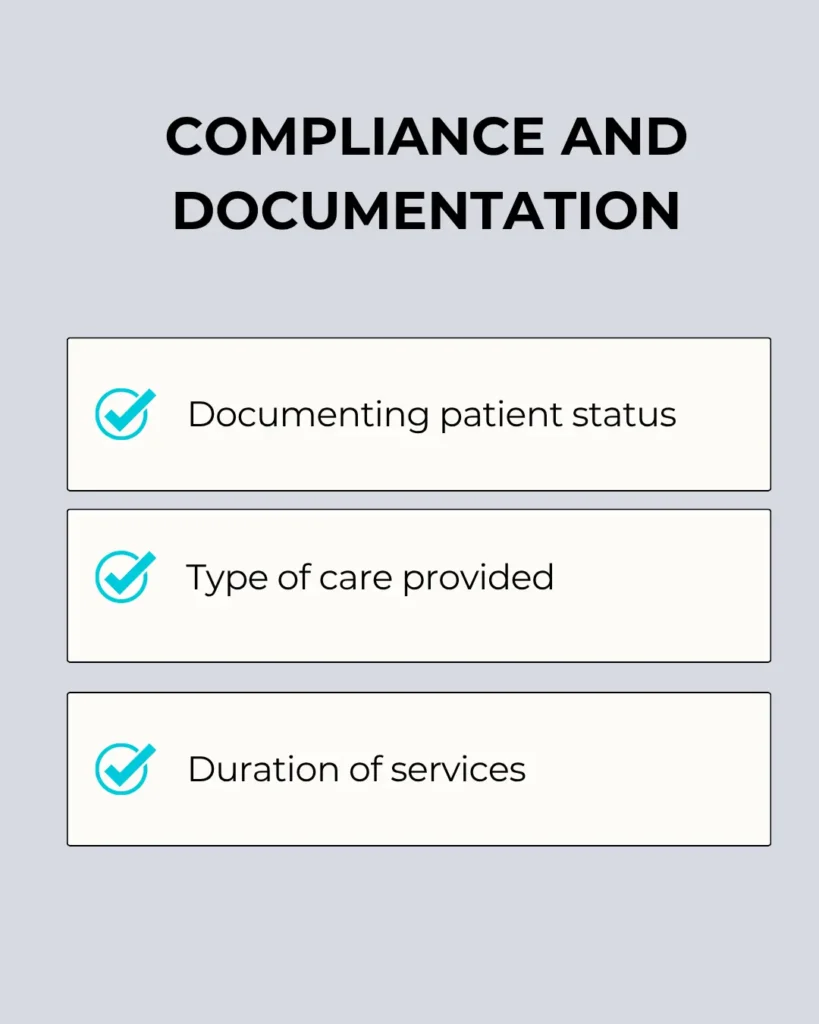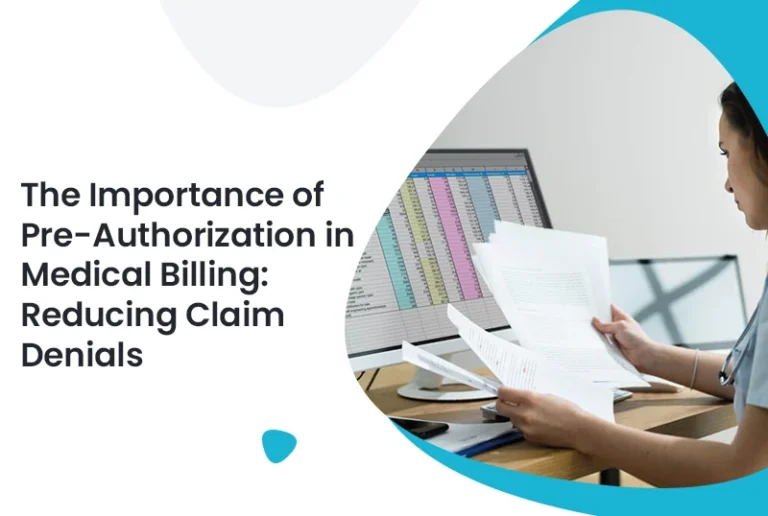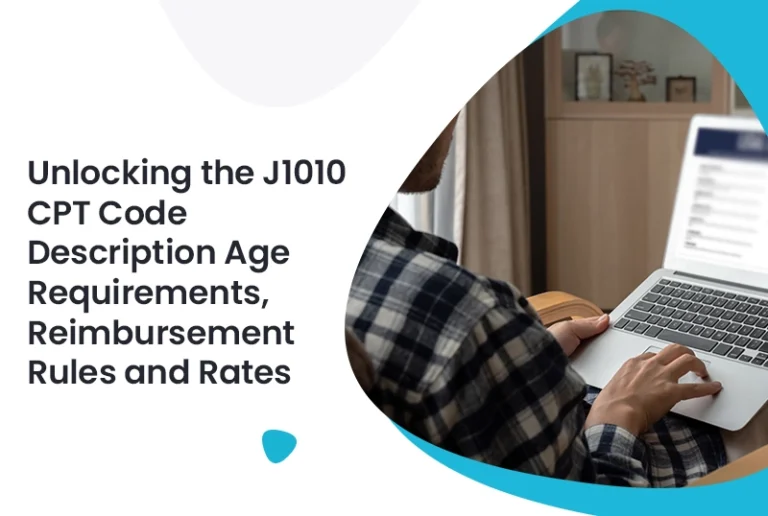Hospice care plays a vital role in providing compassionate end-of-life care for patients. However, medical practitioners may encounter challenges when it comes to billing for these services. One key element in this process is the hospice modifier. Understanding and using the correct hospice modifiers can prevent costly billing errors and improve your reimbursement rates.
In this blog, we’ll dive deep into what hospice modifiers are, why they’re critical for accurate billing, and how they fit into the broader landscape of medical billing and coding.
What Are Hospice Modifiers?
Hospice modifiers in medical billing and coding are codes that offer extra information regarding the services provided to hospice patients. These modifiers give insurers crucial details about the care given in hospice settings, ensuring accurate processing of claims.
Hospice modifiers are essential for defining specific circumstances in the delivery of hospice care. They are crucial in differentiating between types of hospice care, such as inpatient hospice care versus routine home care, and ensuring that each service is reimbursed appropriately.
The Importance of Hospice Modifiers
Accurate Billing and Reimbursement
One of the primary reasons for using hospice modifiers correctly is ensuring accurate reimbursement. Insurance providers and Medicare rely on these modifiers to understand the nature of the services provided and determine the correct payment. Incorrect or missing modifiers can lead to:
- Claim denials
- Payment delays
- Underpayment
In Revenue Cycle Management (RCM), modifiers play a vital role in accurately processing claims and reducing errors.
Compliance and Documentation
Using the correct hospice modifier ensures compliance with Medicare and other insurance carriers. It is essential to document every aspect of the hospice care provided to support the use of modifiers. This includes:

Without proper documentation, there is a risk of audit findings or financial penalties. Thus, hospice modifiers are not only important for reimbursement but also to ensure your practice adheres to strict billing regulations.
Common Hospice Modifiers in Medical Billing
Hospice modifiers come in various types, each corresponding to a specific situation or service provided. Below are some common examples of hospice modifiers:
Hospice Modifier GV (Attending Physician Not Employed )
- Used when: The attending physician who oversees the care of the patient is not employed by the hospice organization.
- Purpose: Identifies situations where an outside physician is involved in the care process.
Hospice Modifier GW (Service Not Related)
- Used when: A patient receives services that are not related to their hospice care.
- Purpose: Applied when the service is outside the scope of the terminal illness treatment, ensuring accurate billing.
Modifier GY (Item or Service Statutorily Excluded or Not Covered)
- Used when: A service or item is excluded from Medicare coverage or is non-covered under the hospice benefit.
- Purpose: Applied when certain treatments or procedures are not part of the covered services under Medicare for hospice patients.
Modifier GJ (Hospice Home Care Services)
- Used when: A patient is receiving home care services as part of their hospice care.
- Purpose: Differentiates home hospice services from other types of hospice care, ensuring correct billing.
How Hospice Modifiers Impact Medical Billing
Proper use of hospice modifiers affects every stage of the medical billing and coding process, from claim submission to payment processing. Here’s how they impact the overall billing workflow:
Claim Submission
When submitting claims to insurance companies or Medicare, hospice modifiers help indicate the specific circumstances of care. The correct modifier ensures that the insurance provider can process the claim without issues.
- If you fail to use the appropriate modifier, your claim may be rejected or sent back for revision.
- This can delay payment and increase administrative workload.
Reimbursement Accuracy
Insurance carriers and Medicare apply different reimbursement rates based on the services provided, and the modifiers directly affect the reimbursement calculation. For example:
- Inpatient hospice care may be reimbursed at a higher rate than routine home care.
- By accurately using hospice modifiers, you ensure that your practice receives the correct payment for services rendered.
Best Practices for Using Hospice Modifiers
1. Collaborate with a Medical Billing Team
Outsourcing your billing to a professional medical billing company can help avoid costly errors. A reputable company specializing in hospice billing ensures that your claims are filed with the correct modifiers and that all necessary documentation is followed.
2. Regular Audits and Reviews
Conducting regular audits of your billing practices helps identify areas where modifiers might be used incorrectly.
- Reduce the risk of claim denials
- Increase the accuracy of reimbursements
Conclusion
By using the right modifiers, you can avoid delays, underpayments, and compliance issues. Working with a professional medical billing company that understands the intricacies of hospice billing can make all the difference in streamlining the process and improving your practice’s revenue cycle.If you’re ready to optimize your medical billing and coding process and improve your practice’s financial health, consider partnering with a Revenue Cycle Management expert today.
FAQs
Q: Why are hospice modifiers important?
A: They ensure accurate reimbursement by helping insurers understand the care provided, preventing delays, denials, or underpayments.
Q: What is the GV modifier?
A: The GV modifier is used when the attending physician is not employed by the hospice but provides care for the patient.
Q: When should the GW modifier be used?
A: Use the GW modifier when a service is not related to the hospice care and is outside the scope of the patient’s terminal illness treatment.
Q: How do hospice modifiers affect reimbursement?
A: They help determine reimbursement rates, ensuring the correct payment for services such as inpatient care versus home care.
Q: What happens if the wrong hospice modifier is used?
A: Using the wrong modifier can lead to claim denials or payment delays.
Q: How can I ensure proper use of hospice modifiers?
A: Train your billing team regularly, stay updated on guidelines, and consider working with a medical billing company.
Q: What should I do if my hospice claim is denied?
A: Check the applied modifiers and ensure they are correct and supported by proper documentation.
Q: Why should I use a medical billing company for hospice billing?
A: A medical billing company ensures correct modifier use, improves claim processing, and helps optimize reimbursement rates.







